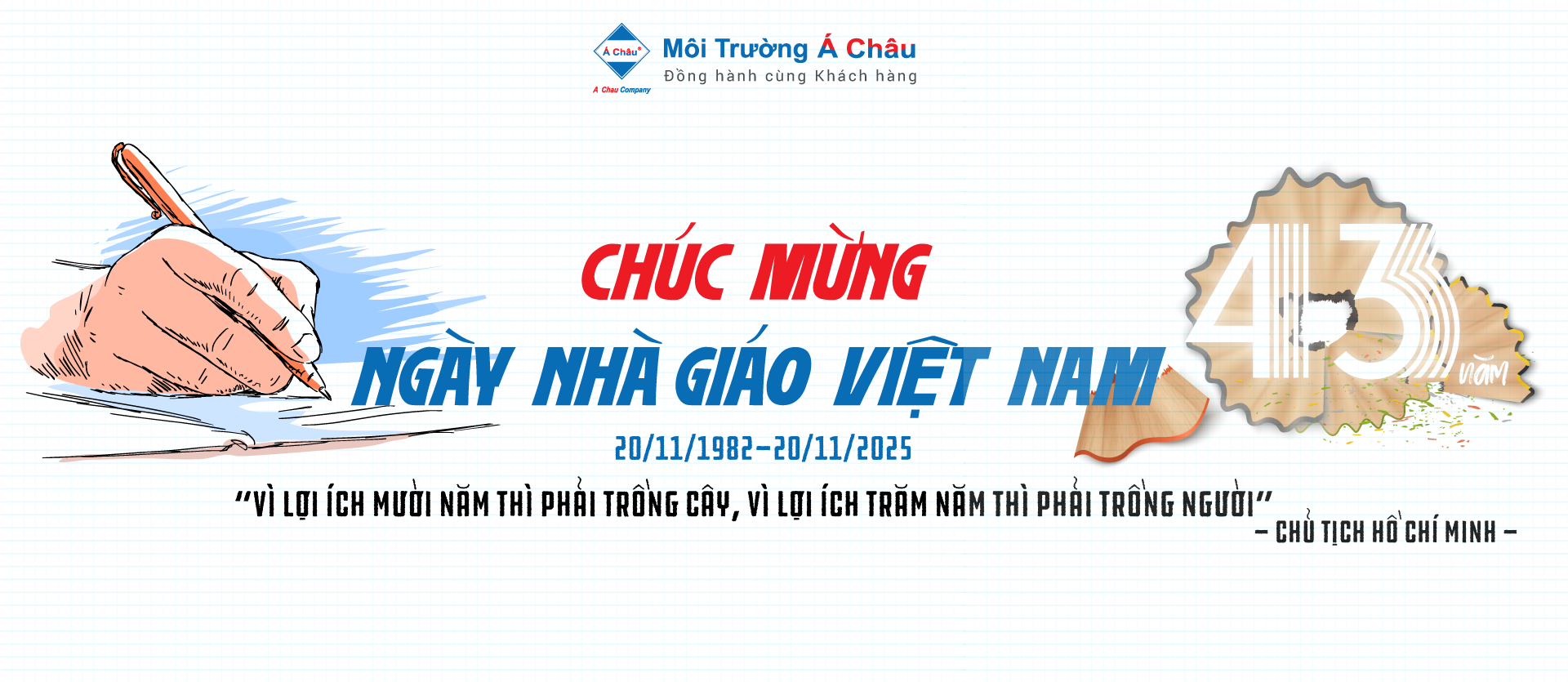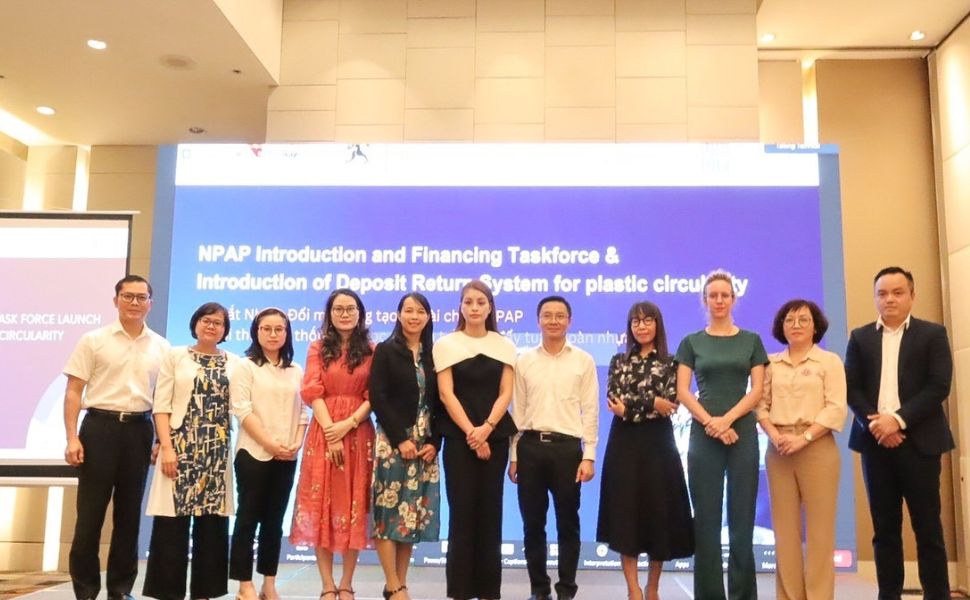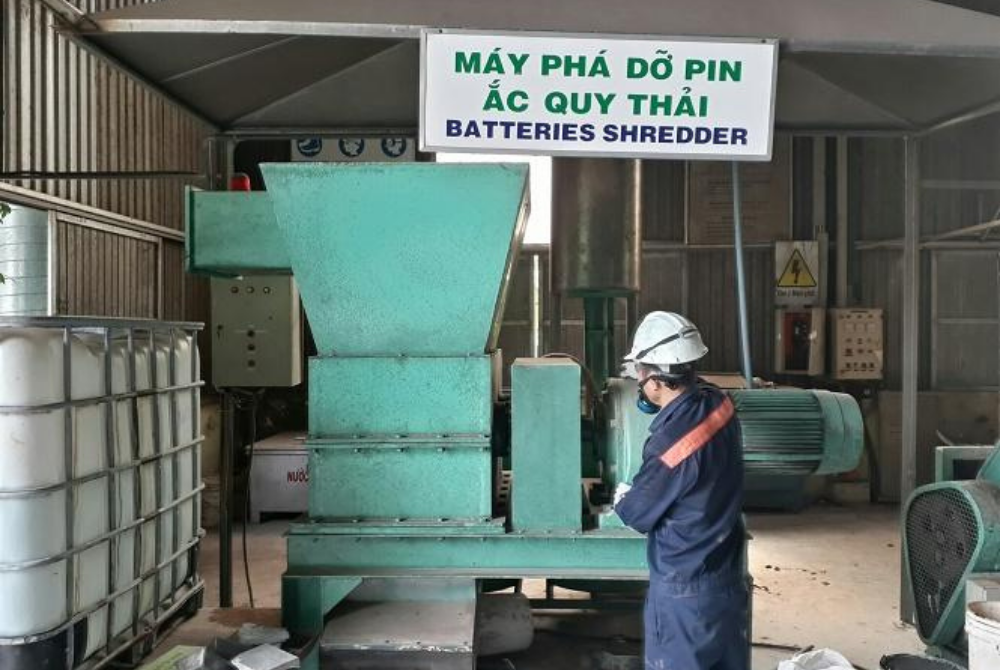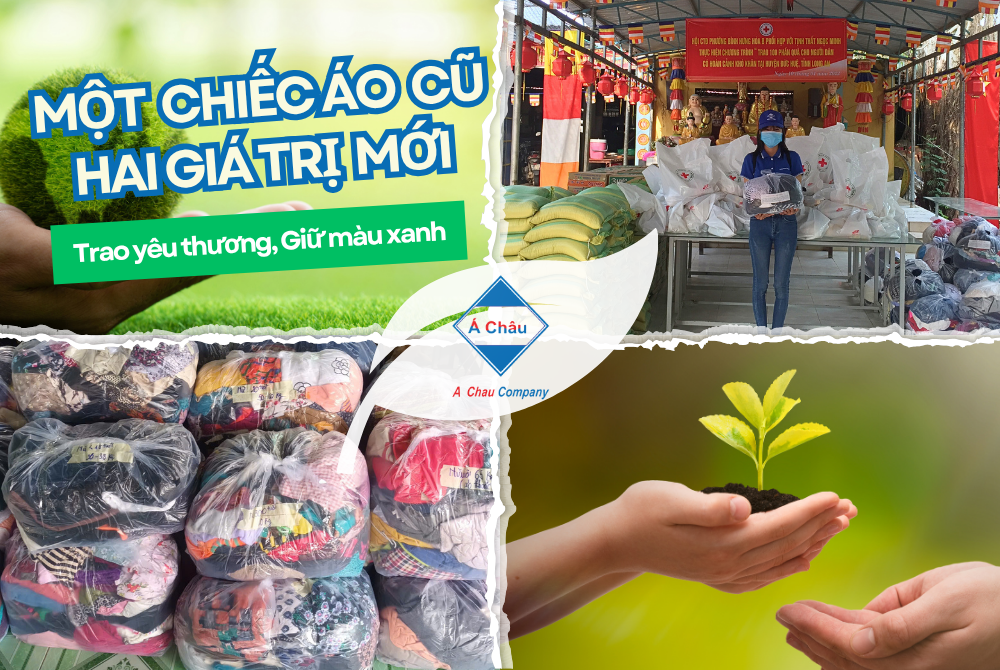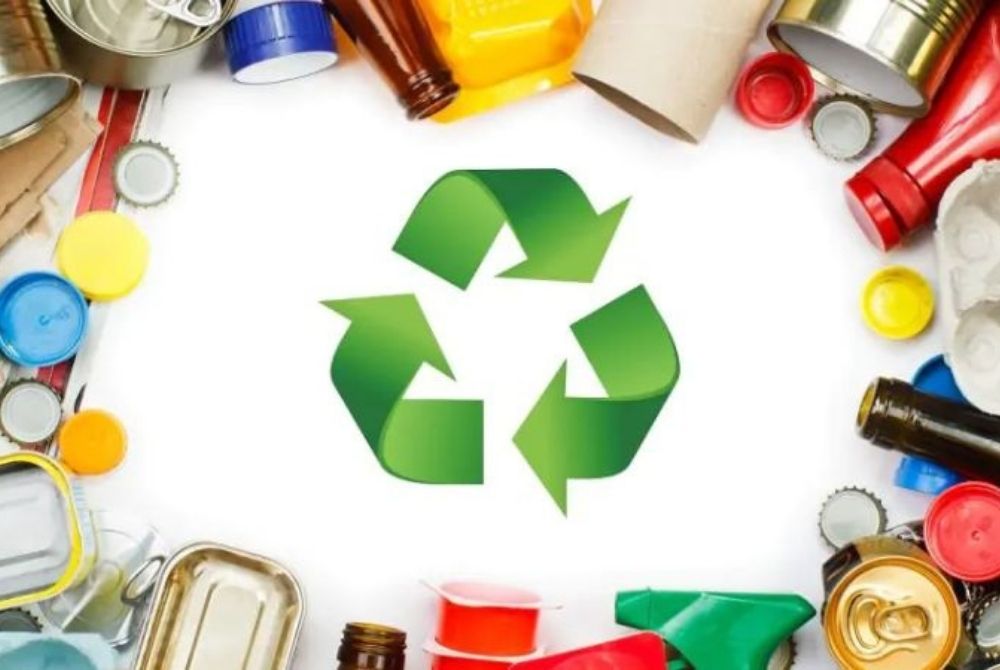Launching a new technical group “to inspire” financial resources to reduce plastic
On May 18, in Hanoi, the National Action Partnership Program about plastic (NPAP) was coordinated with the National Assembly Norwegian Embassy and the transaction of the Norwegian Embassy Organization of Innovation Norway. The new magic group spurs new creativity and catalyzes investment with an effective solution that manages plastic waste and plastic pollution in Vietnam.
Consumption of ideas and solutions to reduce:
A new team by the Department of Natural Resources and Environment (DONRE) and The Alliance to End Plastic Waste (AEPW) chaired the aim to get together (government agencies, organizations, and business both at home and abroad) that has more ideas, to create an innovational solution to reach the positive site such as limits, reduce and reuse plastic and earn good things from that.
Presentation at the ceremony, Mr. Le Ngoc Tuan – leader of International Connection, Ministry of Natural Resources and Environment, and the new technical team confirmed that opening the new technical and financial group is on the routine of NPAP in the meeting on 12 April 2023. We will follow the formals of NPAP to change the new method which to appreciated 2 years later in Viet Nam.
Especially, the grand opening of the new technical and financial group stuck trends method of the Globalisation Plastic Action Partnership Program (GPAP) which helping and rasing whole creative solutions about plastic pollution in Viet Nam by running all supporters for Viet Nam. The new technical and financial group will approach and share technologies which involved in reducing plastic pollution.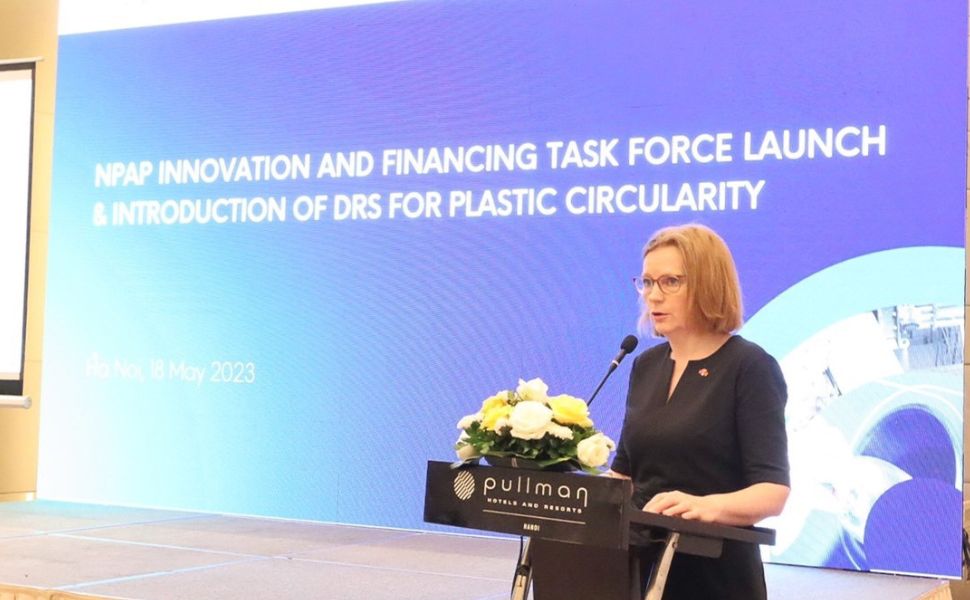
Miss Mette Møglestue – Deputy Ambassador of Norway express
Accordingly, all members from the new group: National Innovation Centre (NIC), Dow Viet Nam, Unilever, An Phat Holdings, Duy Tan Recycle, GreenHub, Startup Vietnam Foundation (SVF), Innovation Norway, UNDP, and International Bank. The new technical and financial group (United Nations Development Programme - UNDP) attract some participant from Program like Galaxy Biotech (one unit can encourage more creator access to new flat NPAP and look for new chance).
Deposit-return system: (DRS)
As a function, DRS lets customers pay a small deposit money when they buy plastic bottles or drink cans. All deposits will be paid back to the client when they give bottles, and cans back to the right dot. This way encourages clients will give back all old bottles, and cans to reduce, recycling. And that is it, really less rubbish in landfills, no dirty rivers, no more trash on the ocean surface. Deposit – The return system is deeply working, both an approach that extends producer responsibility (EPR).
At the ceremony, the delegates shared their experience and expertise on the Deposit Refund System (DRS), including the benefits, challenges, pilot plans, and feasibility studies expected to develop policy recommendations for the application of DRS in Vietnam.
Speaking at the ceremony, Ms. Mette Møglestue- Deputy Ambassador of Norway in Hanoi said that the deposit-refund system (DRS) has been proven to be the best-performing system as it can collect and recycle the highest proportion of beverage box covers. Regarded as a model for shell recovery and recycling, Norway's DRS is one of the most efficient operating models in the world, tied to the EPR implementation mechanism.
The new UNDP achieved creating and cooperating with more solutions for less garbage and pollution in Vietnam.
And Miss Mette Møglestue certainly confirmed: Within the framework of our cooperation with the Vietnamese Ministry of Environment and Natural Resources and related stakeholders, we appreciate the opportunity to share Norway’s success stories and international practices to help strengthen the Vietnamese legal framework on EPR and DRS.
To successfully EPR, following the Commercial Counselor of the Norwegian Embassy in Hanoi, Commercial Counsellor of the Norwegian Embassy, Director of Innovation Norway Arne-Kjetil Lian spoke highly of the launch of the Innovation & Financing taskforce, and private sector is deeply important because they are such as creative provider which has to do policy enforcement. Besides, DRS can roll the circle of drink cans and improve sustainable processes when changing the mindset of clients.
Participants shared their experiences and expertise on DRS, including benefits, challenges, and a planned pilot activity and feasibility study to develop policy recommendations on applying DRS in Việt Nam. They also discussed the NPAP task force work plan in 2023 that should explore and leverage the current resources for promoting plastic innovations and good practices.
Source: Vietnam Ministry of Natural Resources and Environment
See more:
1. Trách nhiệm mở rộng của nhà sản xuất (EPR)!
2. Chương trình thu gom vỏ hộp giấy tái chế (Vỏ hộp sữa, vỏ hộp nước trái cây,....)
